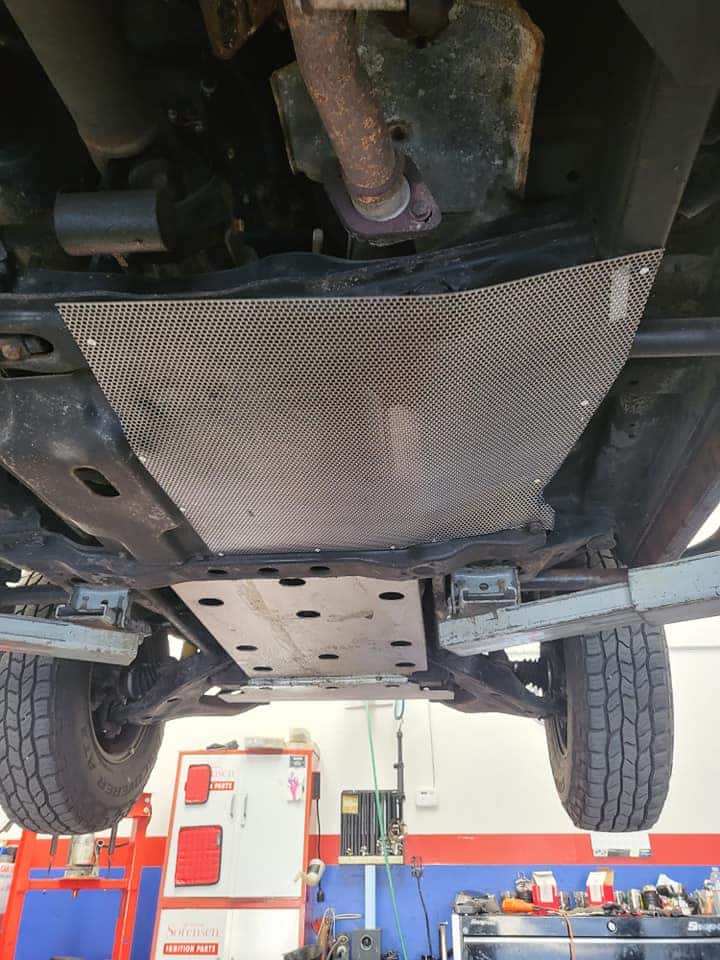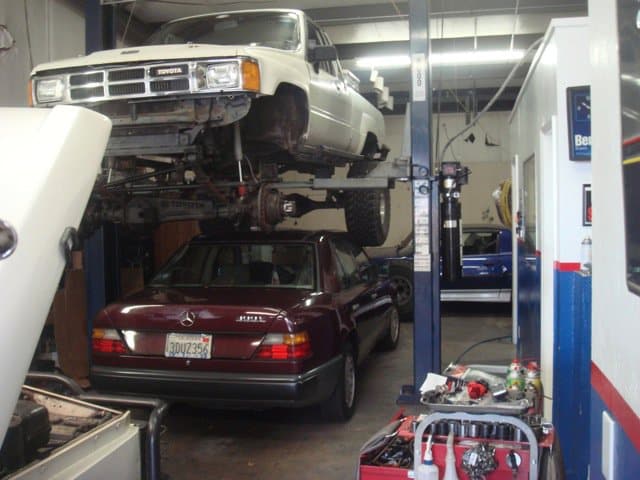Revving up your engine for a highway cruise or just heading for a quick trip to the grocery store, your car's oil works constantly to keep things smooth and efficient. But here's the crunch: not all engine oils are made equal. Choosing the right oil for your car can be a bit like navigating through a labyrinth, especially with the multitude of options available – conventional, synthetic, and high-mileage oils. But don't fret, folks! With a little guidance, you can make a wise choice that'll have your engine purring with delight.
Let's kick off the conversation with conventional oil, often touted as the ‘old faithful' of engine lubricants. This type of oil is derived directly from crude oil and offers all-round protection for most engine types. It's a reliable choice and a budget-friendly one at that. However, it falls short in extreme weather conditions and might require frequent change compared to its synthetic counterparts. If your vehicle is relatively new and isn't subjected to severe driving conditions, conventional oil might be the way to go.
Now, cross over to the synthetic side of things. These are not just crude oil products. Synthetic oils are enhanced with chemical additives to optimize their viscosity, resistance to thermal breakdown, and ability to clean the engine. They flow better at low temperatures and maintain peak lubricity at high temperatures. Yes, they are pricier than conventional oil. But they provide superior engine protection, especially if you live in a region with extreme temperatures or regularly drive in heavy traffic. What's more, they also extend your oil change intervals. If your car's manufacturer recommends synthetic oil, or if your driving conditions are harsh, this might be your best bet.
But what if your trusty road warrior has already clocked in some serious mileage? That's where high-mileage oils come in. These are specially formulated for vehicles with over 75,000 miles on the odometer. They contain seal conditioners that help to increase the flexibility of internal engine seals, reducing oil leakage. They also have extra detergents to keep older engines cleaner, anti-wear additives, dispersants, and friction modifiers. If your vehicle's engine has seen better days but still has some life left in it, high-mileage oil can help extend its lifespan.
Remember, the key is to understand your vehicle and its needs. The owner's manual is a great starting point, but it doesn't take into account your unique driving conditions. For instance, if you frequently carry heavy loads or drive in stop-and-go traffic, you might want to opt for a synthetic oil even if the manual recommends conventional oil.
But let's face it. Sifting through the ocean of information about engine oils can be overwhelming. And it's not just about picking between conventional, synthetic, or high-mileage oils. You also have to consider the right viscosity, change intervals, and more.
That's where our expert team at Sartorial Auto Repairs comes in. With a proven track record serving Santa Rosa, CA, all of Sonoma County, as well as Sebastopol, CA, we bring decades of automotive expertise to dissect your car's needs and recommend the best oil for it. Besides, we provide a comprehensive range of other auto repair services.
So, why not let us take the guesswork out of maintaining your vehicle? Schedule an appointment with Sartorial Auto Repairs today, and together, let's ensure that your car gets the care it deserves. After all, the right oil can make all the difference – to your engine's performance, longevity, and your peace of mind on the road.












